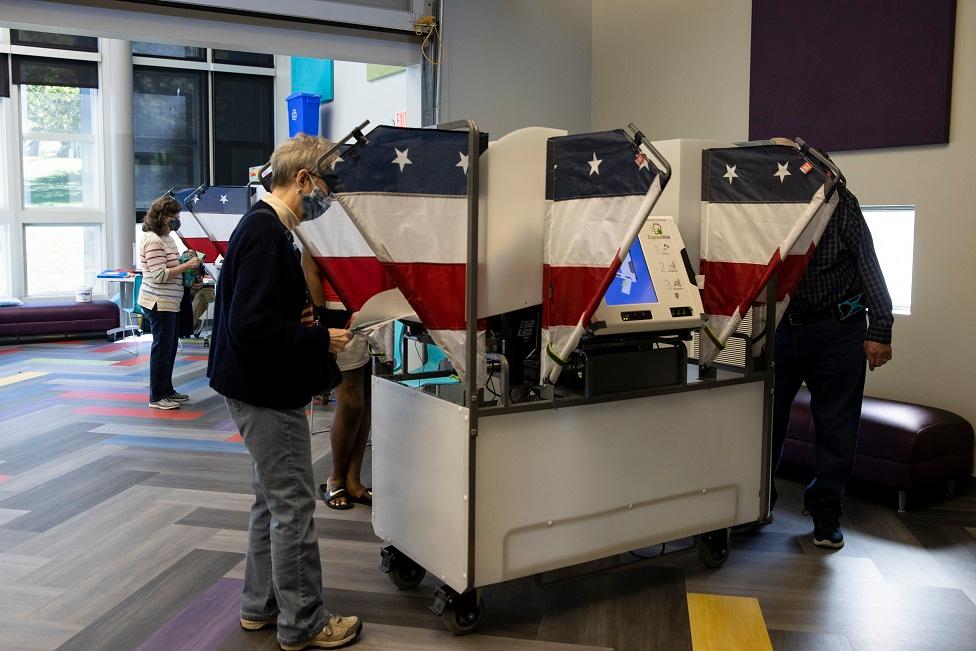A bill that would introduce party labels into local school board elections is advancing through Tennessee’s state legislature.
House Bill 9072, sponsored by Republican state Rep. Scott Cepicky, would allow political parties to nominate candidates for school board membership and school board candidates to campaign as a nominee or representative of a party.





